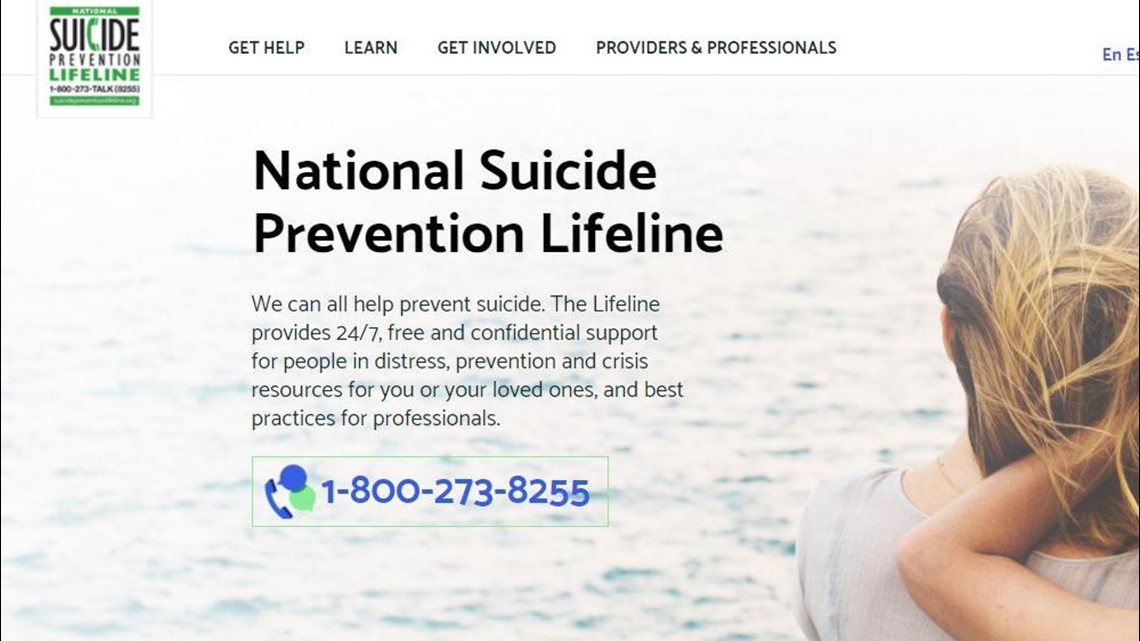JACKSONVILLE, Fla — As health care heroes work tirelessly to treat patients with COVID-19, they’re facing another side effect of the virus.
Dr. Dave Chesire is UF Health's in-house psychologist. He sees his own colleagues struggle to manage their mental health.
“Doctors are human. COVID has really increased anxiety overall,” Chesire said.
He adds the toll the coronavirus is taking on healthcare professionals' mental health is an often-silenced casualty of the virus.
The impact is growing.
“Areas that we’re seeing a spike for everybody is anxiety, people having difficulty sleeping,” Chesire said.
He says doctors are also more on-edge with constantly carrying the fear they could have the virus themselves after treating so many confirmed patients.
In April, an emergency room doctor in New York on the coronavirus front lines died by suicide. Dr. Lorna Breen was the medical director of the emergency department at New York-Presbyterian.
Her father says she would describe the devastating toll the virus took on patients, and that took a toll on her.
That same week an EMT also took his own life. He previously told his friend he was experiencing a lot of anxiety seeing all this death and unable to save lives.
Chesire can understand the surge in anxiety and the virus pushing health care workers over the edge.
“Constantly being confronted with misery and sadness and despair, we only have so much left in the tank, and when that runs empty we have nothing left to give,” he said.
Which is why he says taking care of mental health is just as important as your physical health during this pandemic.
Chesire reminds everyone “you aren’t alone, that we’re all in this together and developing a family mentality that we will get through this.”
There are ways doctors can cope with the added stress and anxiety from the coronavirus, like talking with friends, family or coworkers. Finding an outlet like painting or exercise or even talking with a therapist or clergy member can also help.
Though the long-term effects the virus has on mental health won’t be known for a while, early studies from China and Italy report doctors feeling an increase in distress, depression, anxiety, and PTSD.
If you are thinking about suicide, please call the National Suicide Prevention Lifeline at 800-273-TALK (8255).



